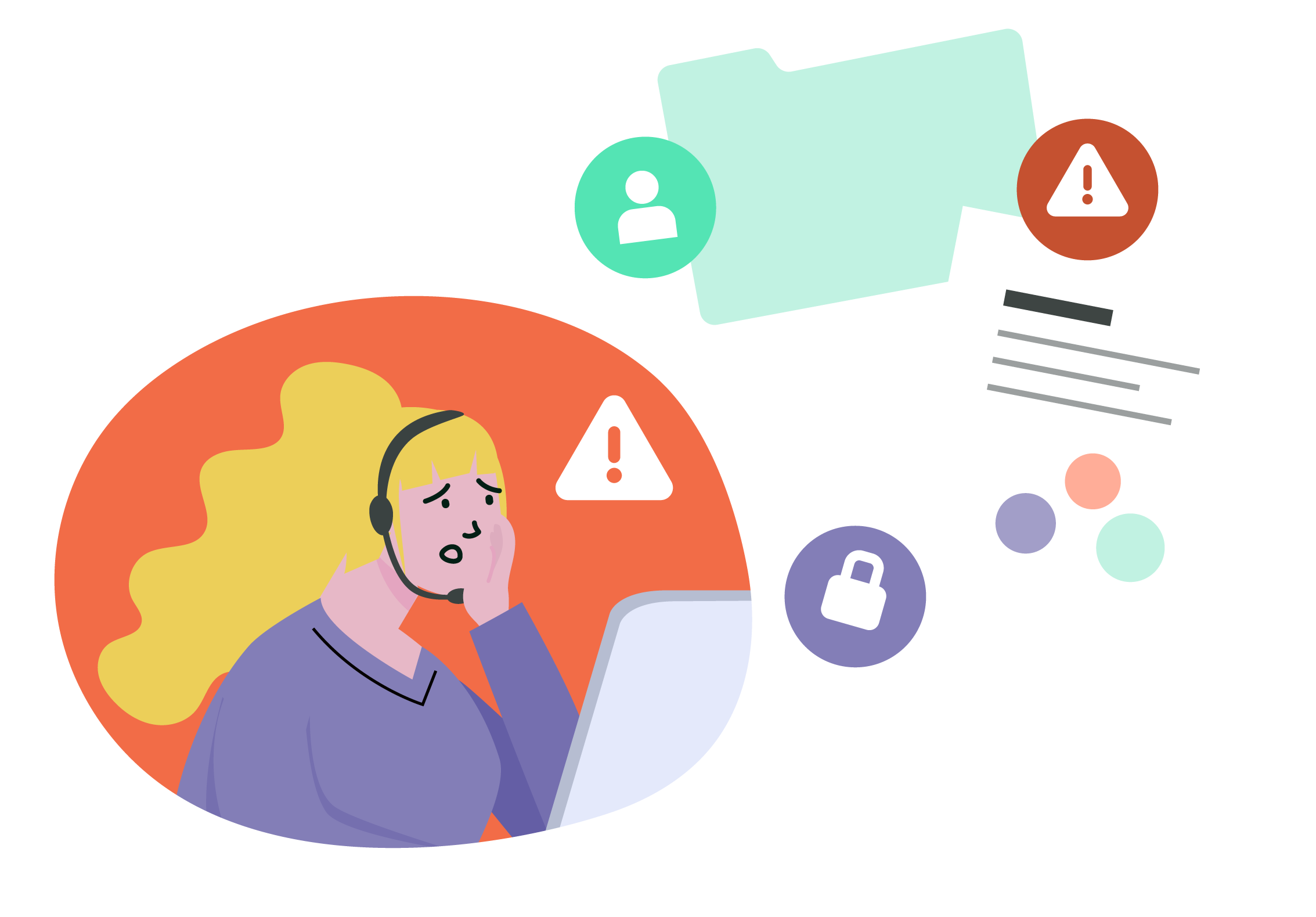How has the shift to remote learning affected students and educators, and what are the implications for the future of education?
The shift to remote learning has had a significant impact on both students and educators. Here are some of the ways it has affected them:
Access to technology

Access to technology is one of the biggest challenges in remote learning due to unequal access to technology among students. Some students may not have access to reliable internet or devices to attend classes, which puts them at a disadvantage.
Lack of social interaction in remote learning
The lack of social interaction in remote learning has also limited the opportunities communication between students and teachers that would normally occur in a classroom or lecture hall. This can make it difficult for students to reach out for help in studies and excel in their learning. Students may also feel isolated and disconnected from their peers, leading to feelings of loneliness and anxiety.
Changes in learning style
Changes in learning style on remote learning has required students to adapt to a new learning style that may not be suitable for everyone. Some students may struggle with online learning, which can impact their academic performance.
Increased workload for teachers
Teachers have had to adjust to teaching online, which has often meant creating new lesson plans and learning how to use new technology. This has resulted in an increased workload for teachers.
Limited resources
Limited resources on remote learning have also made it more difficult for teachers to provide the same level of resources that they would in a traditional classroom setting. Some teachers may not have access to the same materials and resources that they would in a physical classroom such as textbooks.

Overall, the shift to remote learning has been a challenging transition for both students and educators, and it has highlighted the need for more equitable access to technology and resources.
The shift to remote learning due to the COVID-19 pandemic has brought several implications for the future of education.
![]() Hybrid learning models in the pandemic has shown that hybrid learning models, combining online and in-person instruction, can be effective. In the future, schools and universities may adopt this model to provide more flexibility to students and teachers.
Hybrid learning models in the pandemic has shown that hybrid learning models, combining online and in-person instruction, can be effective. In the future, schools and universities may adopt this model to provide more flexibility to students and teachers.
![]() Increased use of technology during the pandemic has accelerated the use of technology in education, and it is likely to continue. Schools and universities may invest more in technology infrastructure and online learning platforms to support remote and hybrid learning.
Increased use of technology during the pandemic has accelerated the use of technology in education, and it is likely to continue. Schools and universities may invest more in technology infrastructure and online learning platforms to support remote and hybrid learning.
![]() Focus on personalised learning for remote learning has made it easier for teachers to cater teaching to individual students. In the future, schools and universities may focus on personalised learning to meet the needs of students with different learning styles and abilities.
Focus on personalised learning for remote learning has made it easier for teachers to cater teaching to individual students. In the future, schools and universities may focus on personalised learning to meet the needs of students with different learning styles and abilities.
![]() Greater emphasis on soft skills in remote learning has highlighted the importance of soft skills such as communication, collaboration, and self-motivation. In the future, schools and universities may place greater emphasis on developing these skills in students.
Greater emphasis on soft skills in remote learning has highlighted the importance of soft skills such as communication, collaboration, and self-motivation. In the future, schools and universities may place greater emphasis on developing these skills in students.
![]() The pandemic has highlighted the inequities in access to technology and resources. In the future, schools and universities may focus on providing more equitable access to technology and resources to ensure that all students have the same opportunities to learn. For example, by providing laptops that students can borrow.
The pandemic has highlighted the inequities in access to technology and resources. In the future, schools and universities may focus on providing more equitable access to technology and resources to ensure that all students have the same opportunities to learn. For example, by providing laptops that students can borrow.
Conclusion
The shift to remote learning due to the COVID-19 pandemic has had a significant impact on both students and educators. Students have faced challenges with access to technology, lack of social interaction, changes in learning style, and increased workload. Educators have also had to adapt to new teaching methods and technologies, resulting in increased workload and changes to their teaching styles.
The implications for the future of education are that there may be an increase in hybrid learning models, with a greater emphasis on technology and personalized learning. Soft skills such as communication, collaboration, self-motivation may become more important, and there may be a focus on providing more equitable access to technology and resources to ensure that all students have the same opportunities to learn.
Overall, the pandemic has accelerated the transformation of education, and it is likely that the future of education will be more flexible, personalized, and technology driven.
Needing any advice on how to deal with financial struggles post-pandemic? If so, feel free to contact our team of accounting experts at Outsourced Acc on 0208 249 6007.

